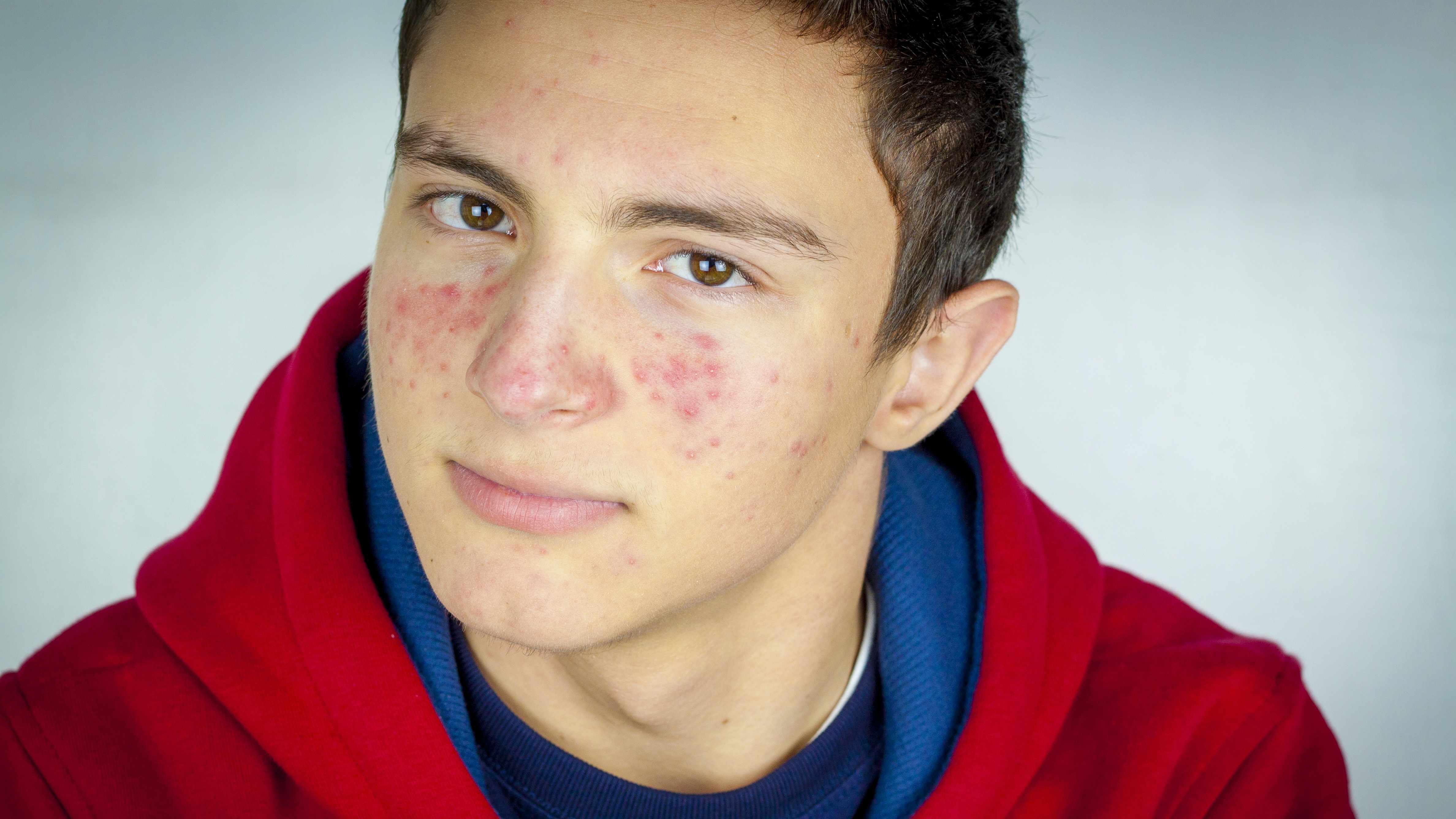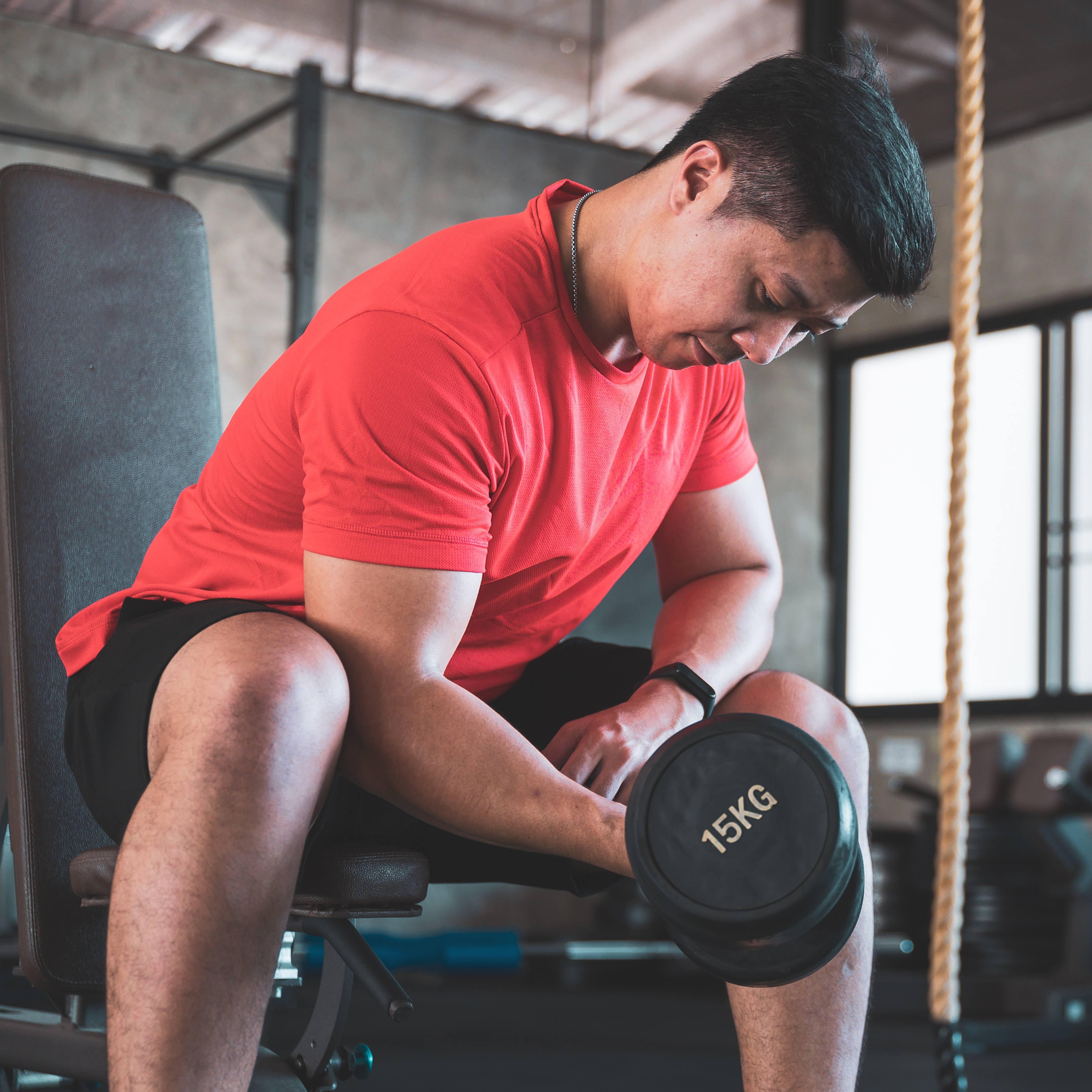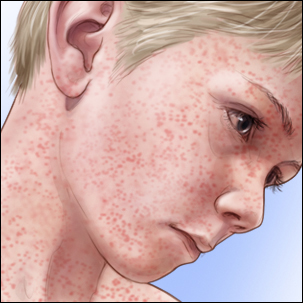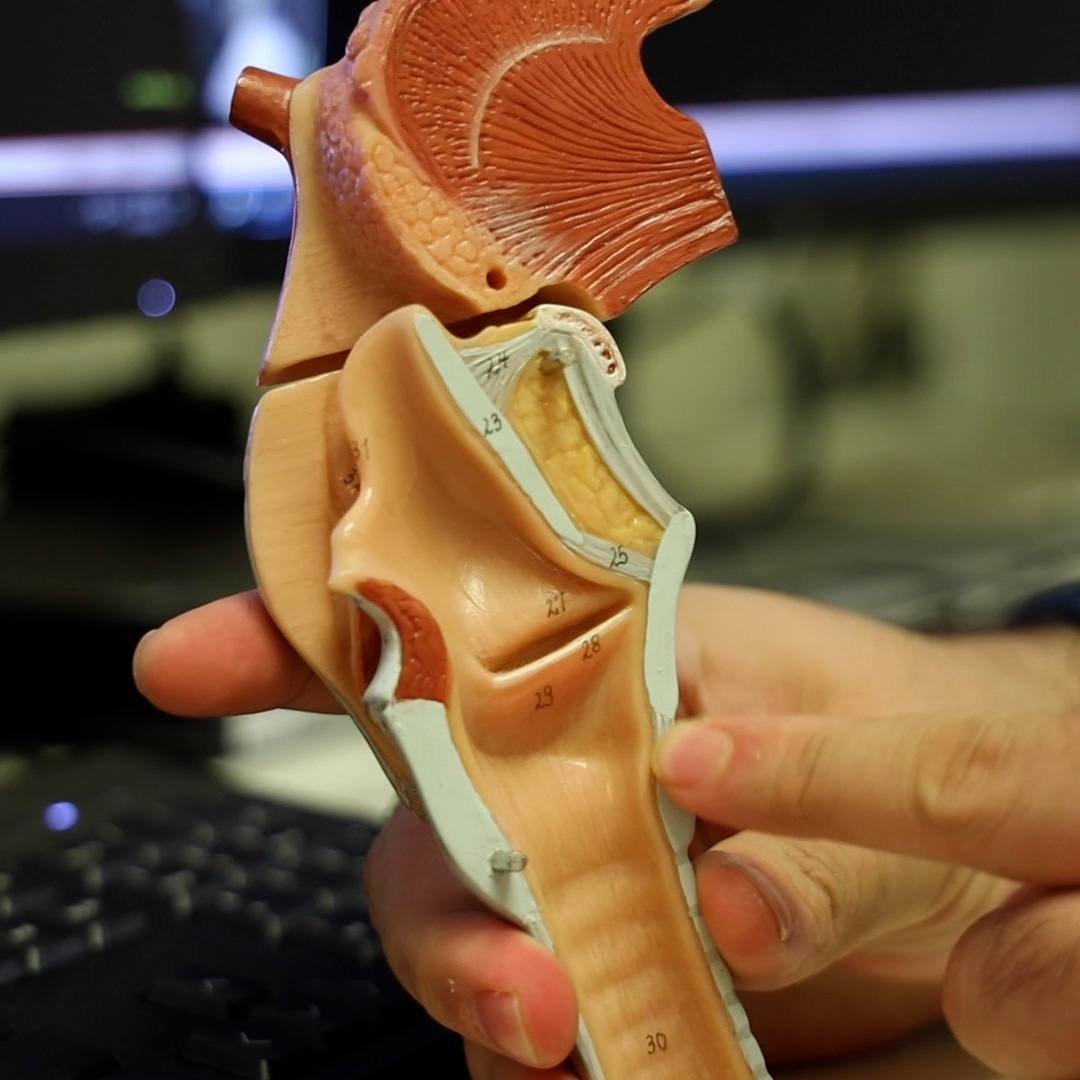-
Featured News
Home Remedies: All about acne
 Acne is a skin condition that occurs when your hair follicles become plugged with oil and dead skin cells. It often causes whiteheads, blackheads or pimples, and usually appears on the face, forehead, chest, upper back and shoulders. Acne is most common among teenagers, though it affects people of all ages.
Acne is a skin condition that occurs when your hair follicles become plugged with oil and dead skin cells. It often causes whiteheads, blackheads or pimples, and usually appears on the face, forehead, chest, upper back and shoulders. Acne is most common among teenagers, though it affects people of all ages. Effective treatments are available, but acne can be persistent. The pimples and bumps heal slowly, and when one begins to go away, others seem to crop up. Depending on its severity, acne can cause emotional distress and scar the skin. The earlier you start treatment, the lower your risk of problems.
Effective treatments are available, but acne can be persistent. The pimples and bumps heal slowly, and when one begins to go away, others seem to crop up. Depending on its severity, acne can cause emotional distress and scar the skin. The earlier you start treatment, the lower your risk of problems.
Acne signs and symptoms vary depending on the severity of your condition:
- Whiteheads (closed plugged pores)
- Blackheads (open plugged pores)
- Small red, tender bumps (papules)
- Pimples (pustules), which are papules with pus at their tips
- Large, solid, painful lumps beneath the surface of the skin (nodules)
- Painful, pus-filled lumps beneath the surface of the skin (cystic lesions)
Watch: Take action against acne
Journalists: Broadcast-quality video is in the downloads at the end of the post. Please 'Courtesy: Mayo Clinic News Network.' Read the script.
Some natural treatments may be helpful in reducing acne inflammation and breakouts:
- Tea tree oil.
Gels containing at least 5 percent tea tree oil may be as effective as lotions containing 5 percent benzoyl peroxide, although tea tree oil might work more slowly. Possible side effects include minor itching, burning, redness and dryness. Tea tree oil should be used only topically. - Bovine cartilage.
Creams containing 5 percent bovine cartilage, applied to the affected skin twice a day, may be effective in reducing acne. - Zinc.
The mineral zinc plays a role in wound healing and reduces inflammation, which may help improve acne. It may cause a metallic taste, bloating and diarrhea. - Brewer's yeast.
A specific strain of brewer's yeast, called Hansen CBS, seems to help decrease acne when taken orally. It may cause gas (flatulence).
When to see a health care provider
If self-care remedies don't clear your acne, see your health care provider. He or she can prescribe stronger medications. If acne persists or is severe, you may want to seek medical treatment from a dermatologist.
For many women, acne can persist for decades, with flares common a week before menstruation. This type of acne tends to clear up without treatment in women who use contraceptives.
In older adults, a sudden onset of severe acne may signal an underlying disease requiring medical attention.
The Food and Drug Administration warns that some popular nonprescription acne lotions, cleansers and other skin products can cause a serious reaction. This type of reaction is quite rare, so don't confuse it with the redness, irritation or itchiness where you've applied medications or products.
Seek emergency medical help if after using a skin product you experience:
- Faintness
- Difficulty breathing
- Swelling of the eyes, face, lips or tongue
- Tightness of the throat
Portions of this article are written by Dr. Brent Bauer and Mayo Clinic staff. Find more health and medical information on mayoclinic.org.
Related articles:
Over-the-counter acne products: What works and why
Diagnosis and treatment
Mayo Clinic Q and A: Understanding adult acne
Related Articles







